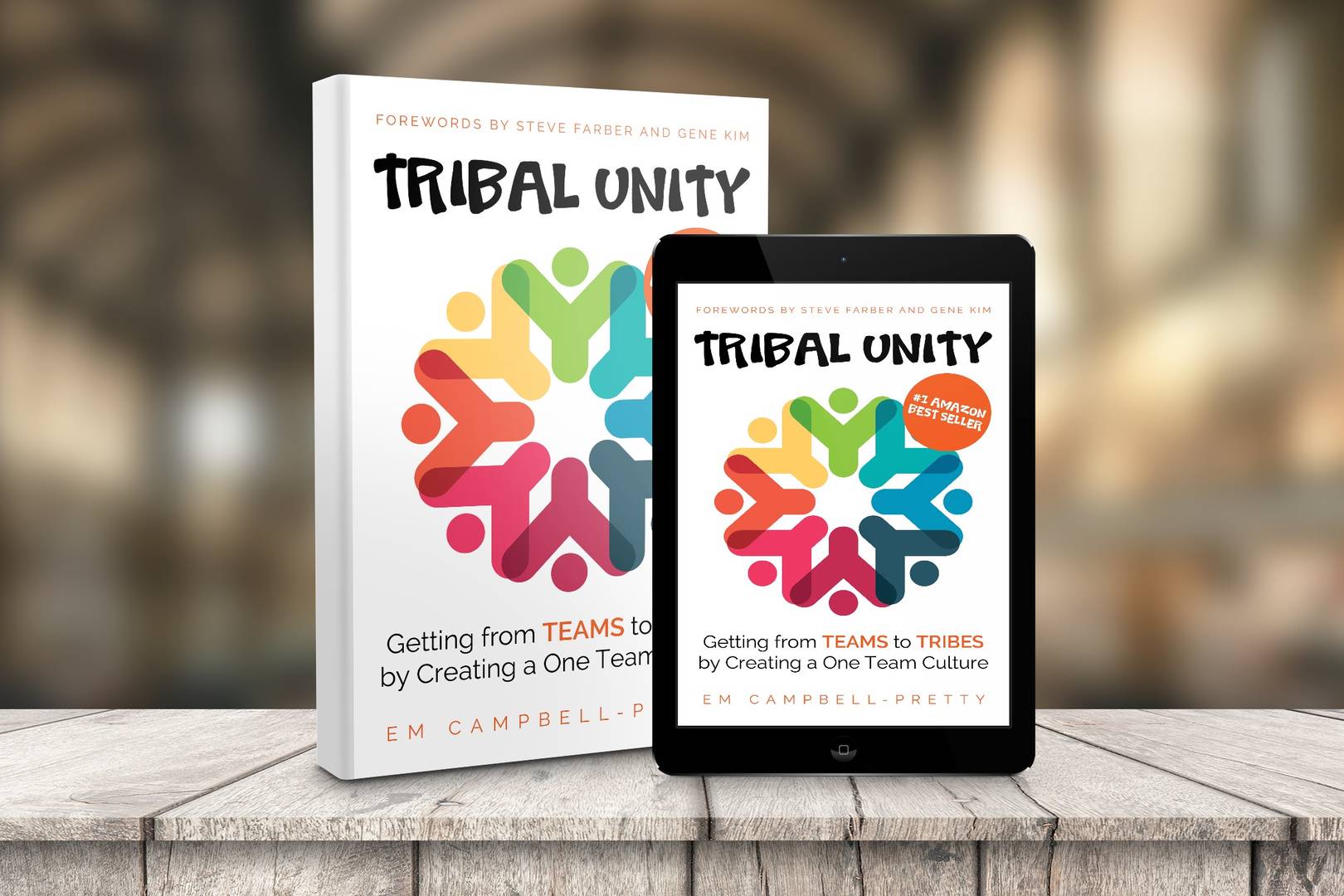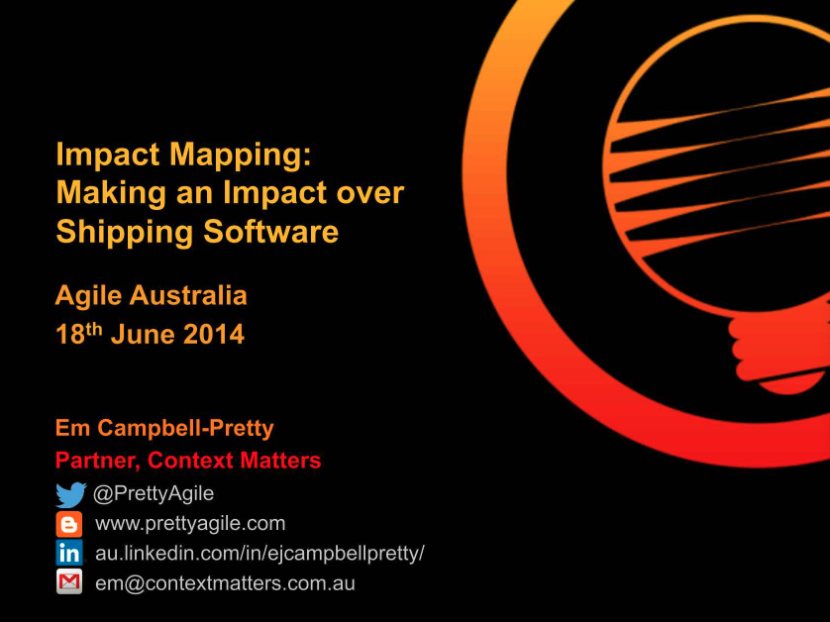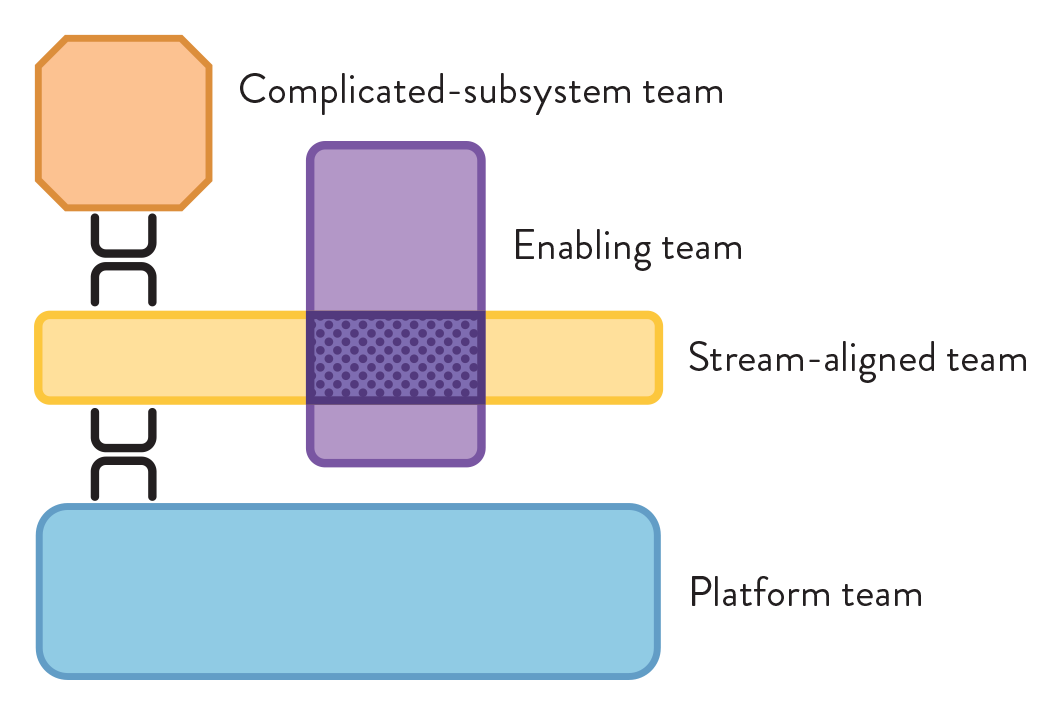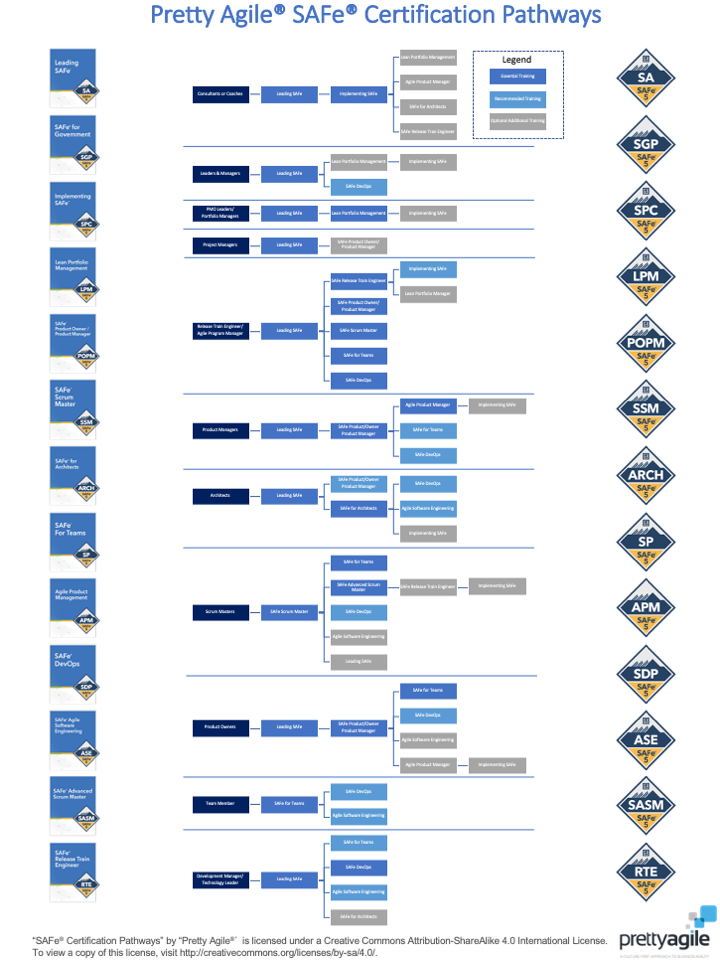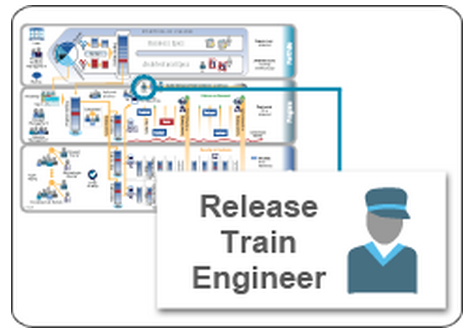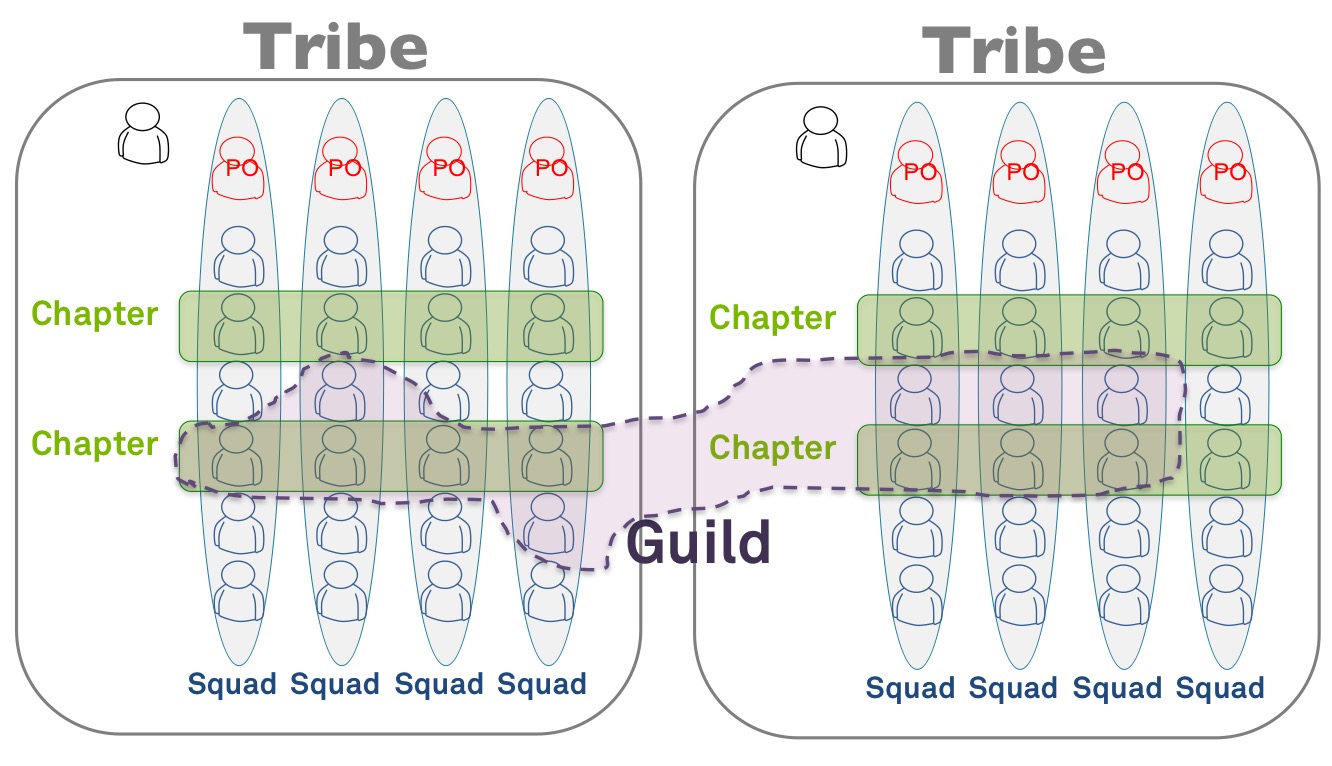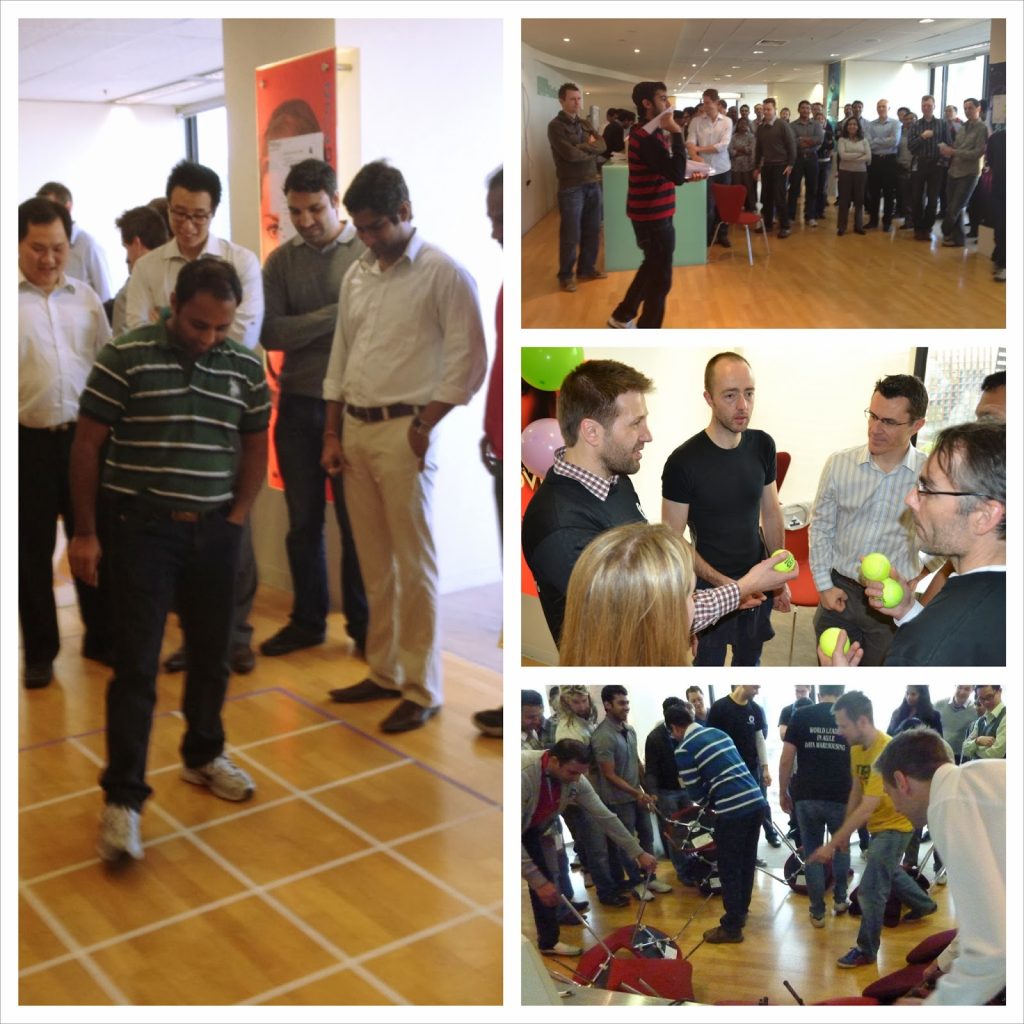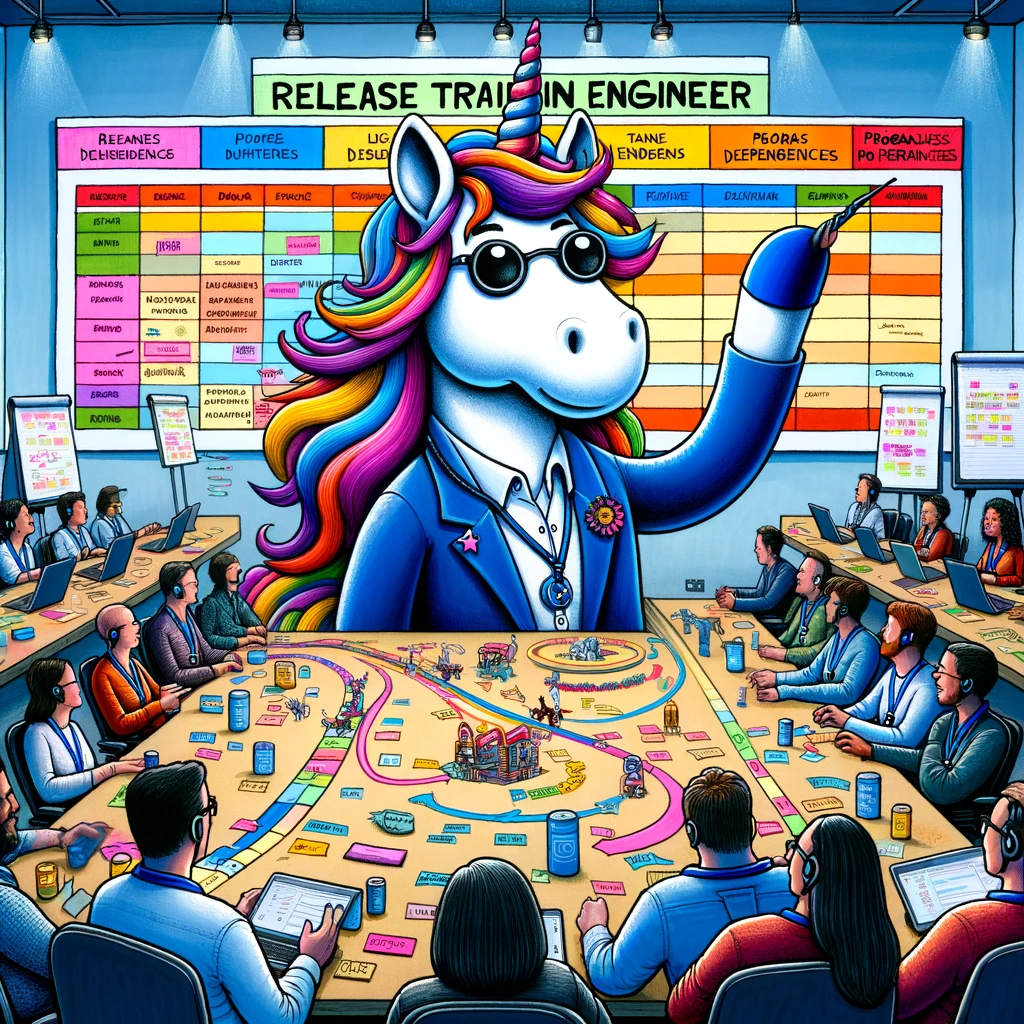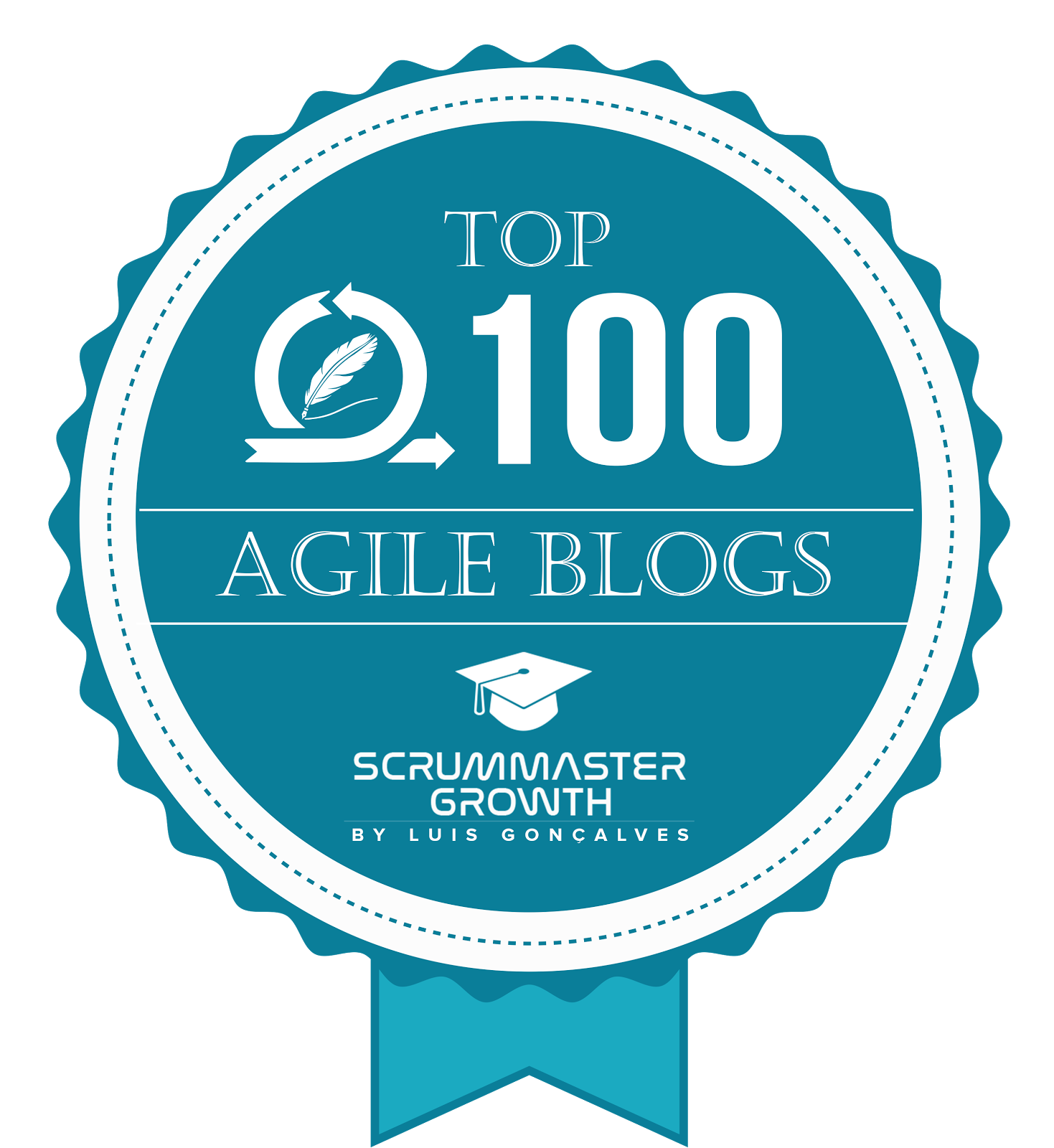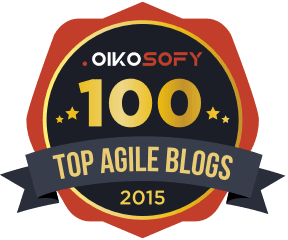- SAFe Training
- Choose a Course
- Public Training Schedule
- SAFe Certifications
- Leading SAFe
- Implementing SAFe
- Advanced SAFe Practice Consultant
- Leading SAFe for Government
- SAFe Lean Portfolio Management
- SAFe Release Train Engineer
- SAFe for Hardware
- SAFe for Architects
- Agile Product Management
- SAFe Scrum Master
- Advanced Scrum Master
- SAFe DevOps
- SAFe Product Owner/Product Manager
- SAFe Agile Software Engineering
- SAFe for Teams
- SAFe Micro-credentials
- Agile HR Training
How monday dev Supports SAFe
Recording of the monday dev demo at the SAFe Australia Online Meetup - SAFe Tooling Special Interest Group (SIG).
Summary of the SAFe Tooling SIG Featuring monday.com
In the fourth edition of the Australia SAFe Online Meetup’s Tooling Special Interest Group, Rohini Sharma, Head of Go-to-Market for monday products in APAC, delivered a presentation on monday’s capabilities for Agile teams. The session primarily focused on how monday dev can support Planning Interval (PI) Planning within the SAFe framework. Rohini shared insights on how monday can help teams manage tasks, dependencies, and risks more effectively while fostering collaboration across technical and non-technical teams.
Overview of monday.com
Rohini introduced monday.com as a Work OS platform designed to adapt to the changing needs of organizations. Founded in 2014, Monday aims to address the rigidity of traditional work software by offering flexibility, customization, and ease of use. The platform features four core products:
- monday Work Management (for project management across teams)
- monday Dev (for software and product development)
- monday Sales CRM (for customer relationship management)
- monday Service (for managing service requests).
These products are built on top of the Work OS platform, providing a consistent user experience across various industries and regions. monday is globally recognized, serving prominent clients like Canva, Kmart, and Universal Music Group.
Key Features of monday dev
Rohini highlighted how monday dev, specifically designed for Agile product development teams, supports key SAFe processes like PI Planning. She demonstrated several key features:
- Customization and Automation: Users can customize workflows using columns and automation tools, making task and portfolio management more streamlined. Automated notifications and integrations with tools like Slack and Microsoft Teams enable smooth coordination across teams.
- PI Planning and Management: monday dev supports PI planning through visual boards that track epics, features, user stories, and dependencies. It allows teams to easily set up and manage PI schedules, assign tasks, and update statuses in real-time.
- Real-Time Dashboards: Rohini showcased how leaders and teams can use Monday’s interactive dashboards to monitor progress, manage risks, and assess team performance during PI Planning and beyond. The dashboards also support flow metrics such as cycle time and lead time, providing transparency and data-driven decision-making.
- Seamless Integration: Monday integrates with existing tools like Jira and Azure DevOps, enabling a phased migration or coexistence of workflows between tools. This ensures that teams can start using Monday without disrupting their current processes.
Q&A
During the Q&A session, several important topics were discussed:
- Value Stream Mapping: Rohini explained that while monday doesn’t automate value stream mapping, it can help teams templatize and document their value stream processes. The actual creation of value streams, however, is a strategic process that requires input from teams.
- Comparison to Other Tools: Rohini addressed how monday differs from competitors like Azure DevOps and Jira, highlighting that Monday is designed to bring technical and non-technical teams together in a unified platform. While Monday can replace both tools, it also offers integrations to enable a smooth transition for organizations that may want to maintain existing workflows during a phased migration.
- Flow Metrics: Rohini confirmed that monday can track key flow metrics such as cycle time and lead time. The platform allows for detailed tracking of these metrics on both individual features and at an average level across the portfolio.
- AI Capabilities: Rohini briefly touched on monday’s AI functionality, which assists with automating tasks like creating templates for epics or features, and helping teams craft messages or sentiments, making work more efficient.
Closing
The presentation concluded with Rohini offering a two-week free trial of monday.com to attendees and an invitation to contact her for extended trials or further assistance. She expressed interest in returning to the group to share future product updates and enhancements.
You can reach Rohini at rohinish@monday.com



